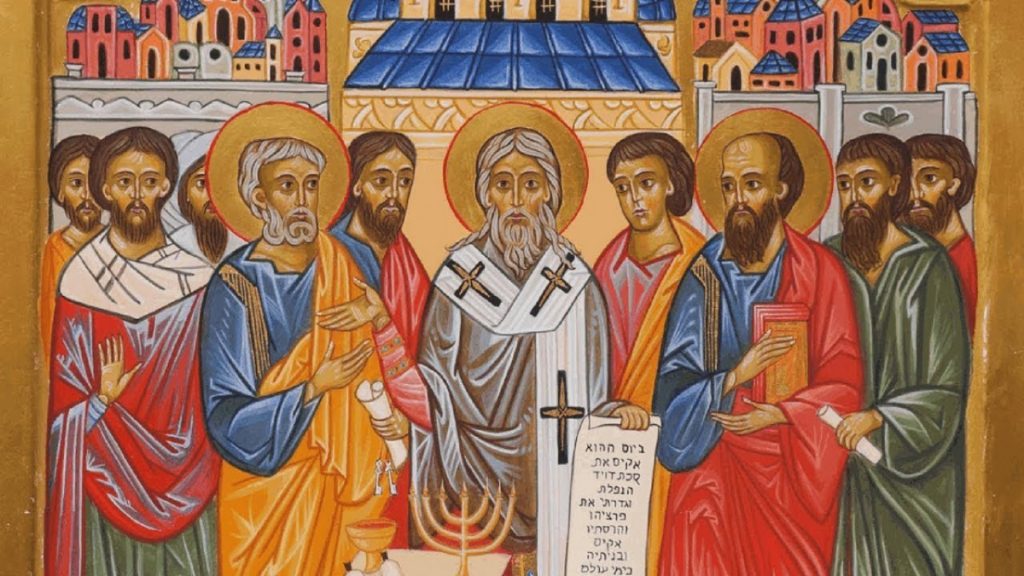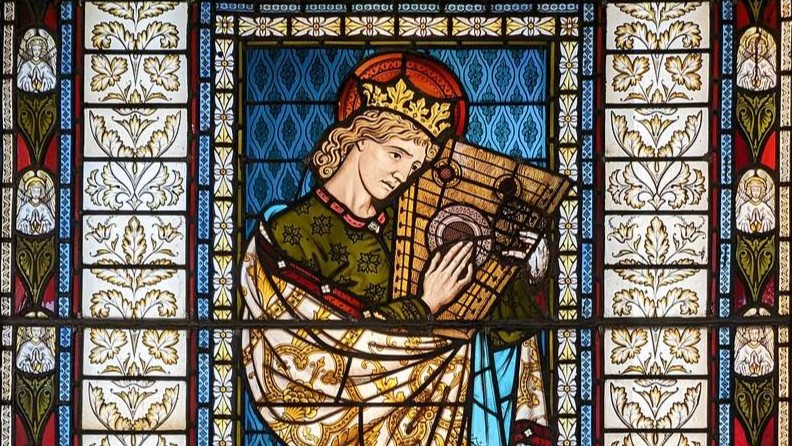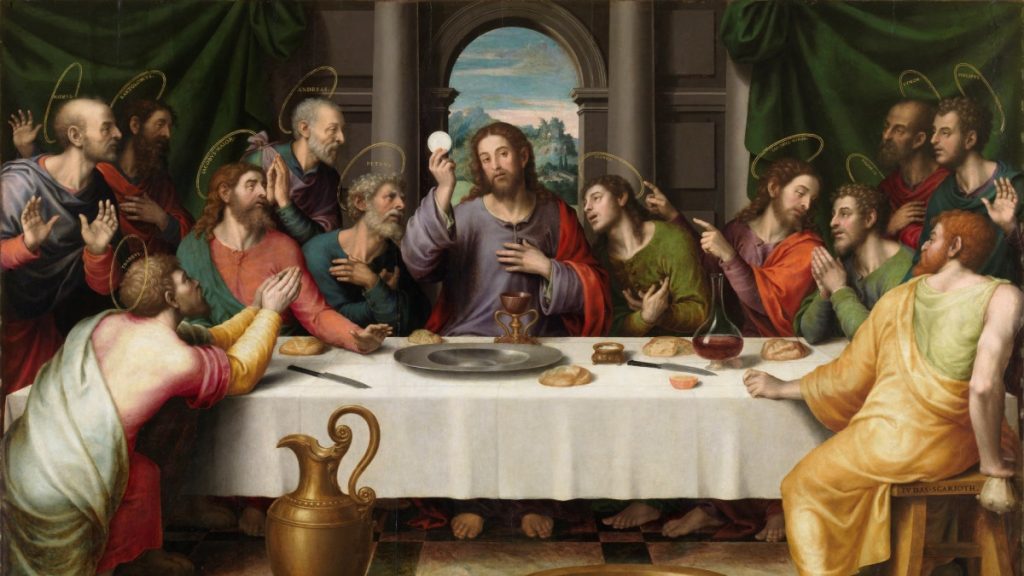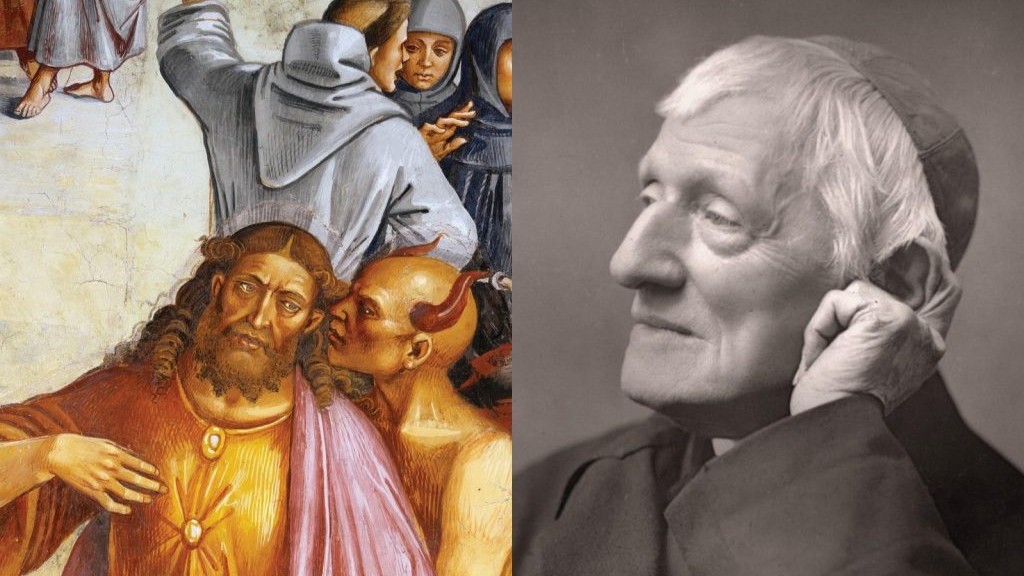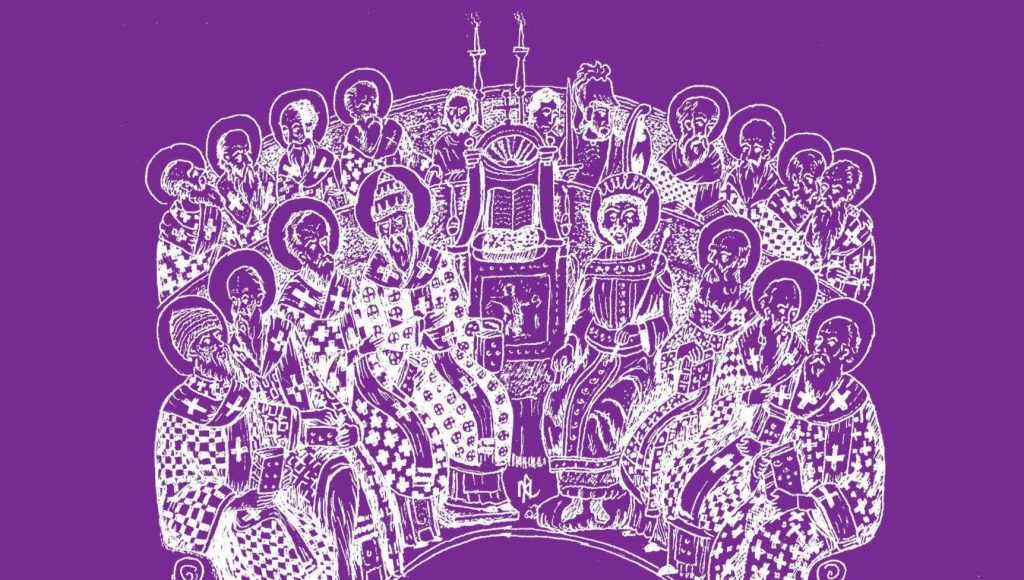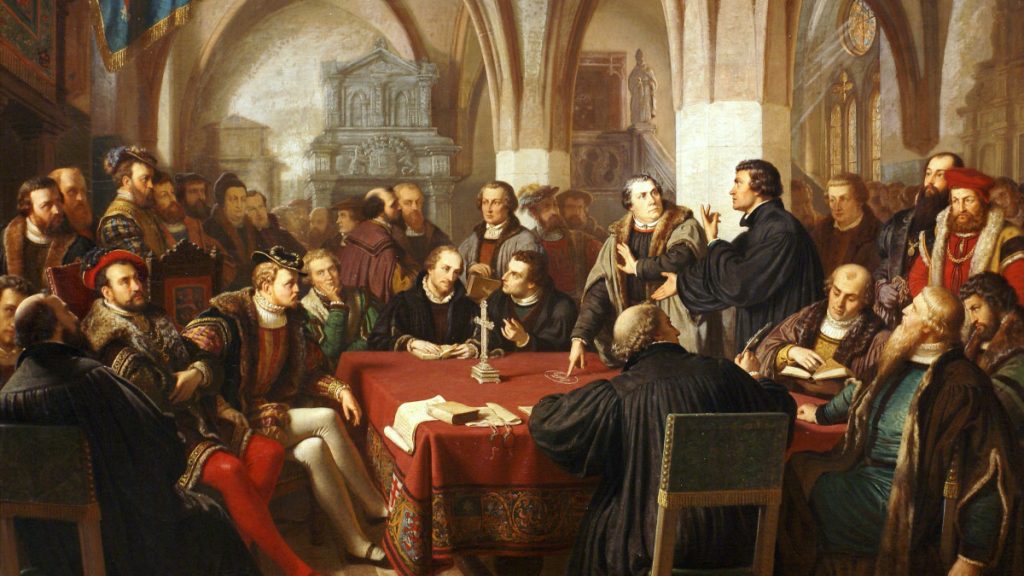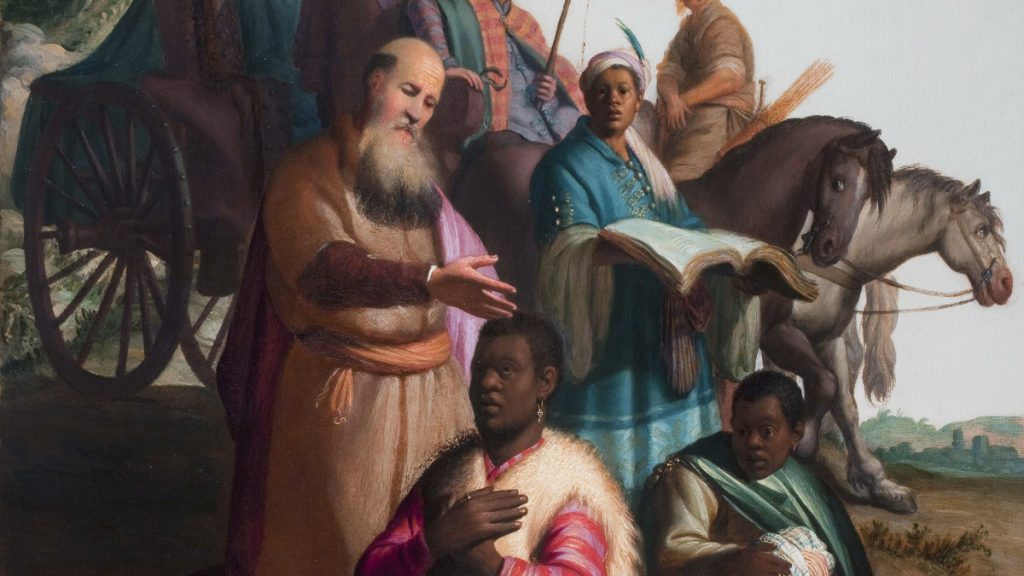(Updated March 24, 2025)
Editor’s Introduction
Great Tradition Treasury Summary
In an effort to make the writings of the Church Fathers more available and accessible, Eternal Christendom is in the process of creating a “Great Tradition Treasury,” which will modernize and make as many writings of the Great Tradition available in the public domain. A prominent part of this Treasury will be a new collection of the writings of the Fathers whose translations into English are in the public domain, most from the 19th century. While they have much to commend them, they stand in need of improvement in order to be more accessible to a 21st century audience.
With that in mind, the Great Tradition Treasury will edit and refine these translations in the following ways:
- Modernize Spelling | Update the spelling of certain archaic English words (i.e. “thee,” “thou,” “hath,” various plural words ending in “eth,” etc.).
- Standardize Scripture Citations | Standardize and correct the citations to Scripture, and placing them in the body of the text, so that alternating between text and footnotes is kept to a minimum. Every direct quote of Scripture will be followed by a parenthetical, and every allusion to it will be followed by a bracketed citation, each linked to the RSVCE.
- Optimize Headings | Improve the 19th century editor-provided headings, which are often too wordy or imprecise.
- Alternative Renderings | Place alternative renderings of phrases provided by the translators next to the translated text in [bolded, bracketed font], so that the alternative can be seen within the text (rather than a footnote), but also clearly distinguished from it. Literal renderings will be displayed [literal: “quote”]. Alternative renderings will be displayed [or, “quote”].
- Hyperlinked Cross-Referencing | Whenever possible, hyperlink to publicly available versions of the works cited, whether Scripture or otherwise.
- Correct Mistakes | Fix typos, misspellings, and incorrect citations to Scripture and other sources.
Document Information
- Author/Title/Source | St. Ignatius of Antioch, Letter to the St. Polycarp
- Date | c. 107
Author’s Introduction
Ignatius, who is also called Theophorus, to Polycarp, Bishop of the Church of the Smyrnaeans, or rather, who has, as his own bishop, God the Father, and the Lord Jesus Christ: [wishes] abundance of happiness.
§1 | Commendation and Exhortation
Having obtained good proof that your mind is fixed in God as upon an immoveable rock, I loudly glorify [His name] that I have been thought worthy [to behold] your blameless face [i.e., to make personal acquaintance with one esteemed so highly], which may I ever enjoy in God! I entreat you, by the grace with which you are clothed, to press forward in your course, and to exhort all that they may be saved. Maintain your position with all care, both in the flesh and spirit. Have a regard to preserve unity, than which nothing is better. Bear with all, even as the Lord does with you. Support [or, “tolerate”] all in love, as also you do. Give yourself to prayer without ceasing [1 Thess. 5:17]. Implore additional understanding to what you already have. Be watchful, possessing a sleepless spirit. Speak to every man separately, as God enables you [or, “according to your practice”]. Bear the infirmities of all, as being a perfect athlete [in the Christian life]: where the labor is great, the gain is all the more.
§2 | Exhortations
If you love the good disciples, no thanks are due to you on that account; but rather seek by meekness to subdue the more troublesome. Every kind of wound is not healed with the same plaster. Mitigate violent attacks [of disease] by gentle applications [literally: “paroxysms by embrocations”]. Be in all things “wise as a serpent, and harmless as a dove” (Matt. 10:16). For this purpose you are composed of both flesh and spirit, that you may deal tenderly [literally: “flatter”] with those [evils] that present themselves visibly before you. And as respects those that are not seen,1 pray that [God] would reveal them to you, in order that you may be wanting in nothing, but may abound in every gift. The times call for you, as pilots do for the winds, and as one tossed with tempest seeks for the haven, so that both you [and those under your care] may attain to God. Be sober as an athlete of God: the prize set before you is immortality and eternal life, of which you are also persuaded. In all things may my soul be for thine,2 and my bonds also, which you have loved.
§3 | Continuation
Let not those who seem worthy of credit, but teach strange doctrines [1 Tim. 1:3; 6:3], fill you with apprehension. Stand firm, as does an anvil which is beaten. It is the part of a noble [literally: “great”] athlete to be wounded, and yet to conquer. And especially, we ought to bear all things for the sake of God, that He also may bear with us. Be ever becoming more zealous than what you are. Weigh carefully the times. Look for Him who is above all time, eternal and invisible, yet who became visible for our sakes; impalpable and impassible, yet who became passible on our account; and who in every kind of way suffered for our sakes.
§4 | Continuation
Let not widows be neglected. Be you, after the Lord, their protector3 and friend. Let nothing be done without your consent; neither do you anything without the approval of God, which indeed you dost not, inasmuch as you are steadfast. Let your assembling together be of frequent4 occurrence: seek after all by name [i.e., so as to bring them out to the public assembly]. Do not despise either male or female slaves, yet neither let them be puffed up with conceit, but rather let them submit themselves [or, “act the part of slaves”] the more, for the glory of God, that they may obtain from God a better liberty. Let them not long to be set free [from slavery] at the public expense, that they be not found slaves to their own desires.
§5 | The Duties of Husbands and Wives
Flee evil arts; but all the more discourse in public regarding them.5 Speak to my sisters, that they love the Lord, and be satisfied with their husbands both in the flesh and spirit. In like manner also, exhort my brethren, in the name of Jesus Christ, that they love their wives, even as the Lord the Church [Eph. 5:25]. If anyone can continue in a state of purity [i.e., celibacy], to the honor of Him who is Lord of the flesh [or, “to the honor of the flesh of the Lord”], let him so remain without boasting. If he begins to boast, he is undone; and if he reckon himself greater than the bishop, he is ruined. But it becomes both men and women who marry, to form their union with the approval of the bishop, that their marriage may be according to God, and not after their own lust. Let all things be done to the honor of God [1 Cor. 10:31].
§6 | Duties of the Christian Flock
Give you6 heed to the bishop, that God also may give heed to you. My soul be for theirs that are submissive to the bishop, to the presbyters, and to the deacons, and may my portion be along with them in God! Labor together with one another; strive in company together; run together; suffer together; sleep together; and awake together, as the stewards, and associates [or, “assessors”], and servants of God. Please you Him under whom you fight, and from whom you receive your wages. Let none of you be found a deserter. Let your baptism endure as your arms; your faith as your helmet; your love as your spear; your patience as a complete panoply. Let your works be the charge7 assigned to you, that you may receive a worthy recompense. Be long-suffering, therefore, with one another, in meekness, as God is towards you. May I have joy of you forever!8
§7 | Request to Send a Messenger to Antioch
Seeing that the Church which is at Antioch in Syria is, as report has informed me, at peace, through your prayers, I also am the more encouraged, resting without anxiety in God [literally: “in freedom from care of God”], if indeed by means of suffering I may attain to God, so that, through your prayers, I may be found a disciple [of Christ] [or, “in the resurrection”]. It is fitting, O Polycarp, most blessed in God, to assemble a very solemn [literally: “most befitting God”] council, and to elect one whom you greatly love, and know to be a man of activity, who may be designated the messenger of God [literally: “God-runner”]; and to bestow on him this honor that he may go into Syria, and glorify your ever active love to the praise of Christ. A Christian has not power over himself, but must always be ready for [literally: “at leisure for”] the service of God. Now, this work is both God’s and yours, when you shall have completed it to His glory [literally: “to Him”]. For I trust that, through grace, you are prepared for every good work pertaining to God. Knowing, therefore, your energetic love of the truth, I have exhorted you by this brief Epistle.
§8 | Let Other Churches Also Send Messengers to Antioch
Inasmuch as I have not been able to write to all the Churches, because I must suddenly sail from Troas to Neapolis, as the will9 [of the emperor] enjoins, [I beg that] you, as being acquainted with the purpose [or, “as possessed of the judgment”] of God, wilt write to the adjacent Churches, that they also may act in like manner, such as are able to do so sending messengers [literally: “men on foot”], and the others transmitting letters through those persons who are sent by you, that you [or, plural “you”] may be glorified by a work [literally: “an eternal work”] which shall be remembered forever, as indeed you are worthy to be. I salute all by name, and in particular the wife of Epitropus, with all her house and children. I salute Attalus, my beloved. I salute him who shall be deemed worthy to go [from you] into Syria. Grace shall be with him forever, and with Polycarp that sends him. I pray for your happiness forever in our God, Jesus Christ, by whom continue you in the unity and under the protection of God [or, “and of the bishop”], I salute Alce, my dearly beloved [literally: “name desired by me”]. Fare you well in the Lord.
Footnotes
- Some refer this to the mysteries of God and others to things yet future. ↩︎
- Cf. St. Ignatius of Antioch, Letter to the Ephesians (§21). ↩︎
- The word in the original (φροντιστής) denotes one who thinks or cares for another. ↩︎
- Some refer the words to more frequent meetings, and others to these meetings being more numerous. No comparison is necessarily implied. ↩︎
- Some insert μή, and render, “rather do not even speak of them.” ↩︎
- As this letter, though sent to the bishop, was meant to be read to the people, Ignatius here directly addresses them. ↩︎
- A military reference, simply implying the idea of faithful effort leading to future reward. ↩︎
- Cf. St. Ignatius of Antioch, Letter to the Ephesians (§2). ↩︎
- Some suppose the reference to be to the soldiers, or perhaps to God Himself. ↩︎

